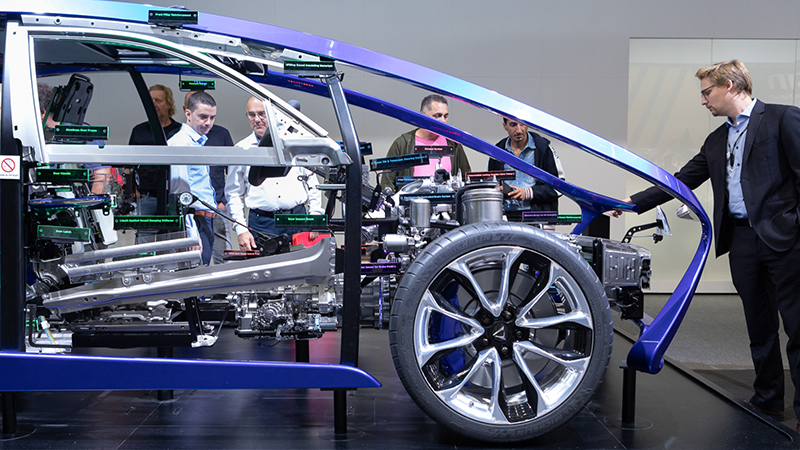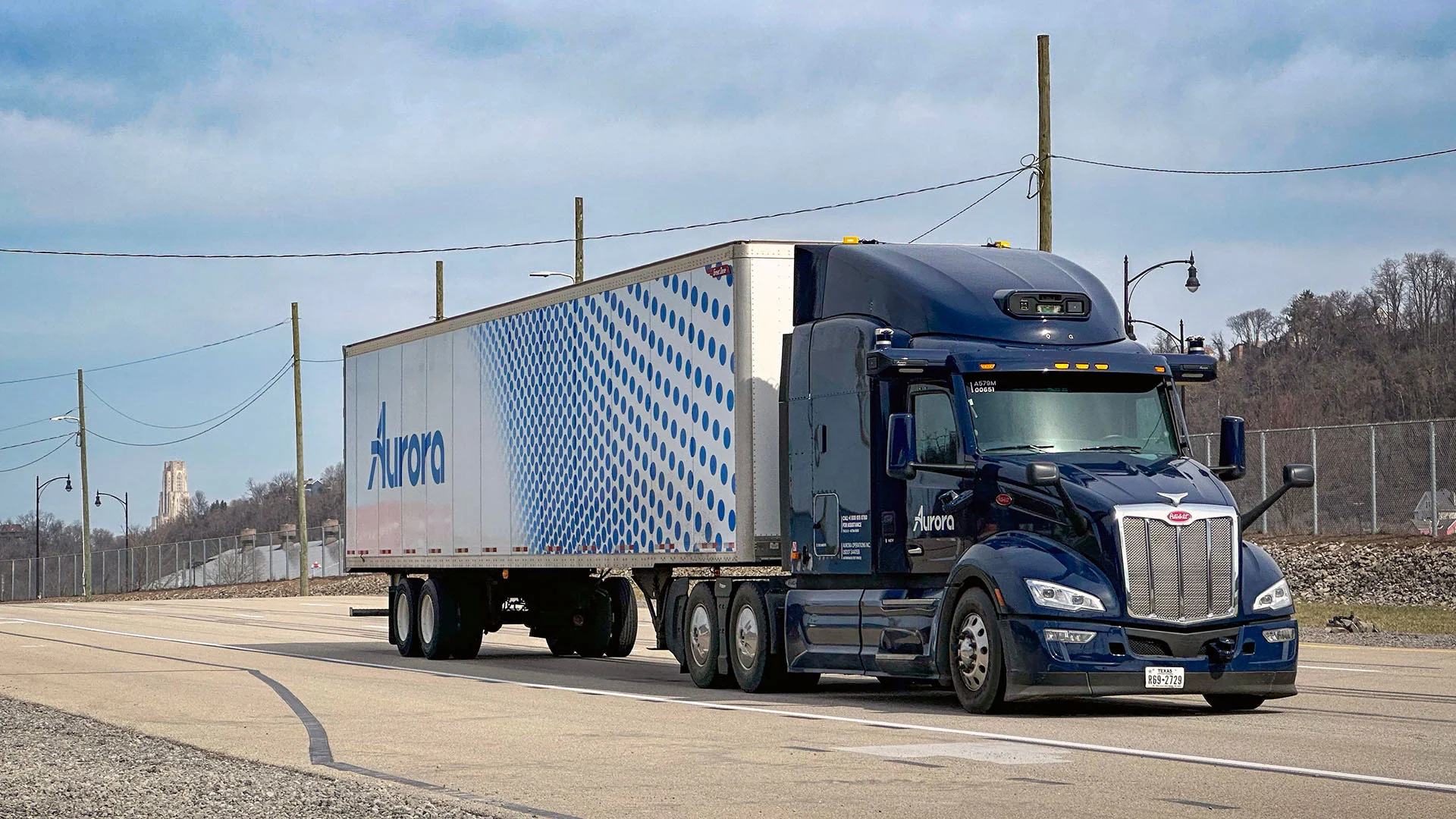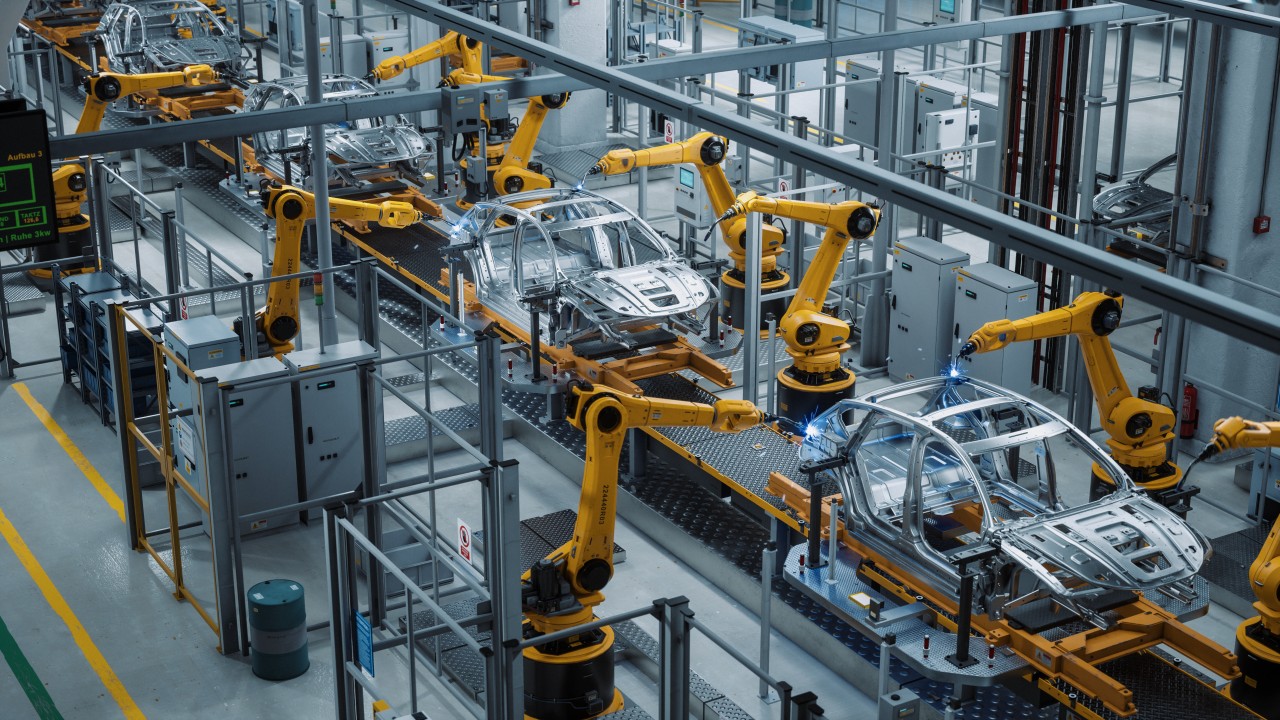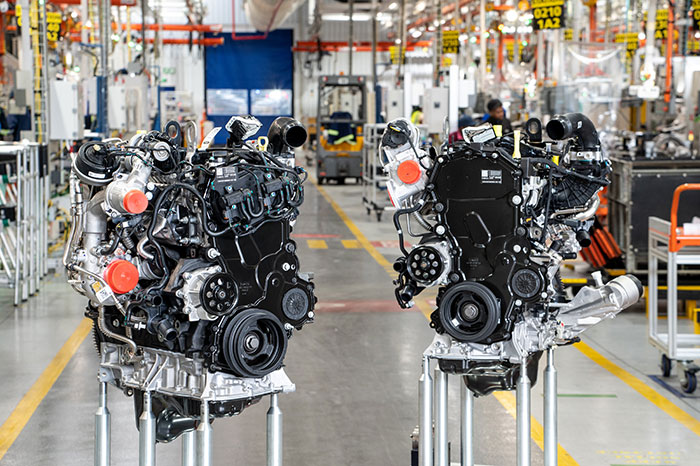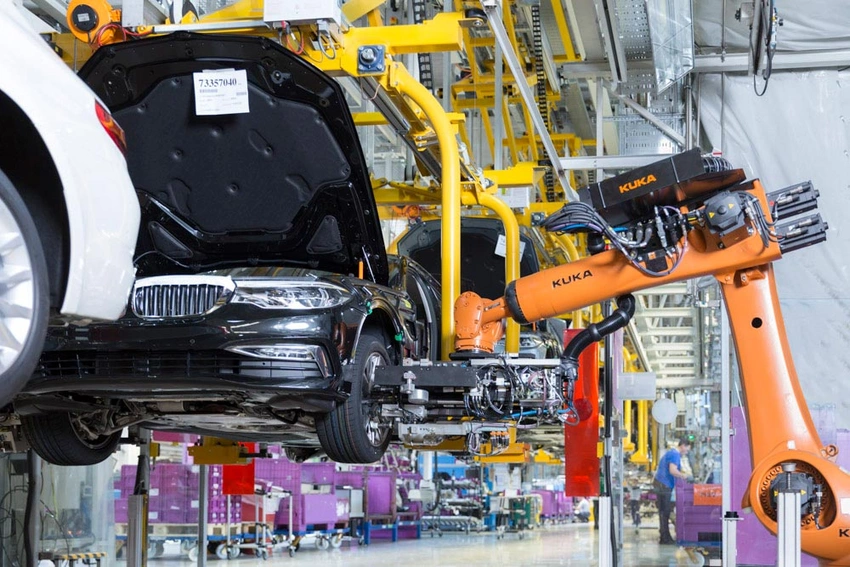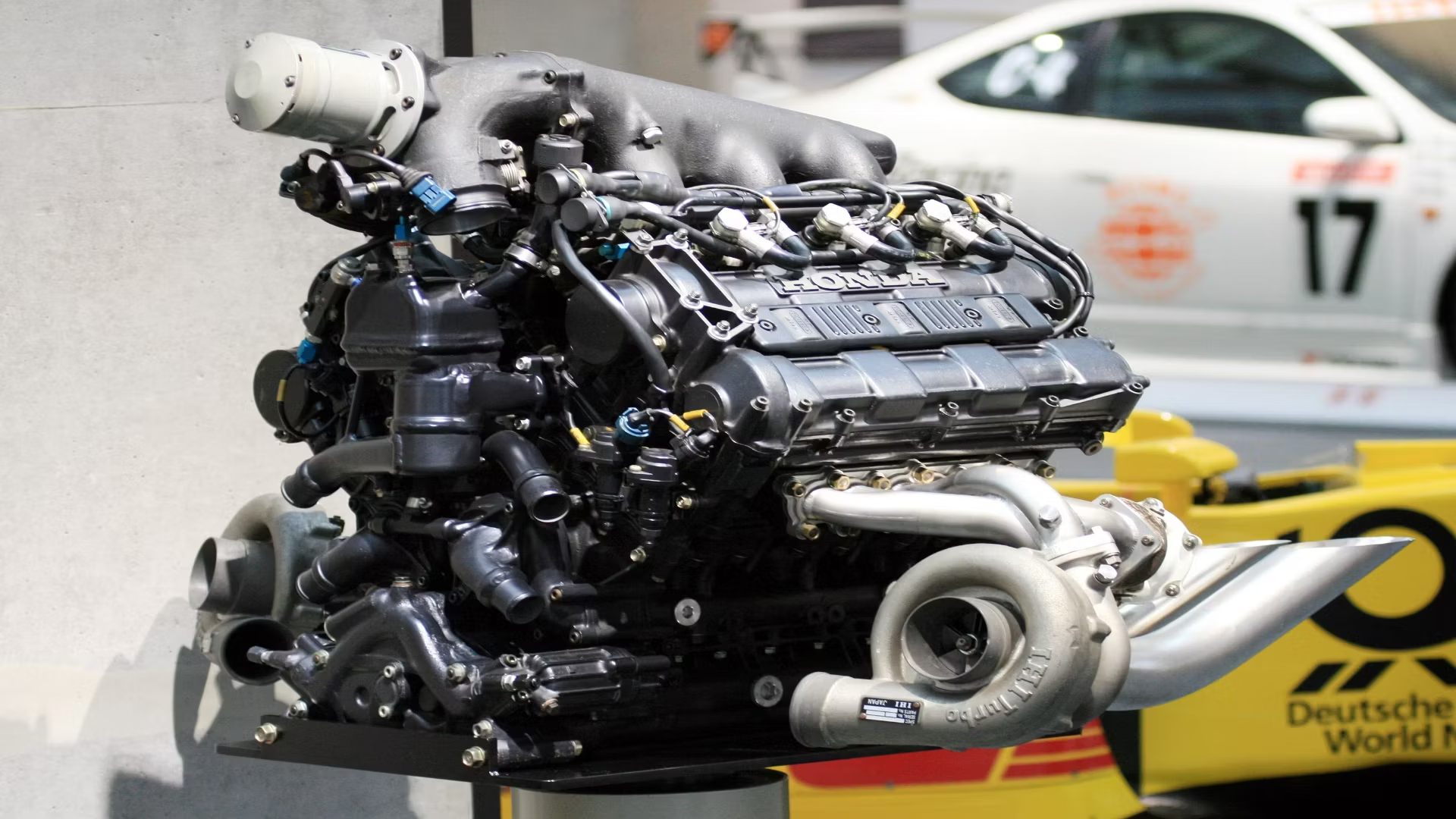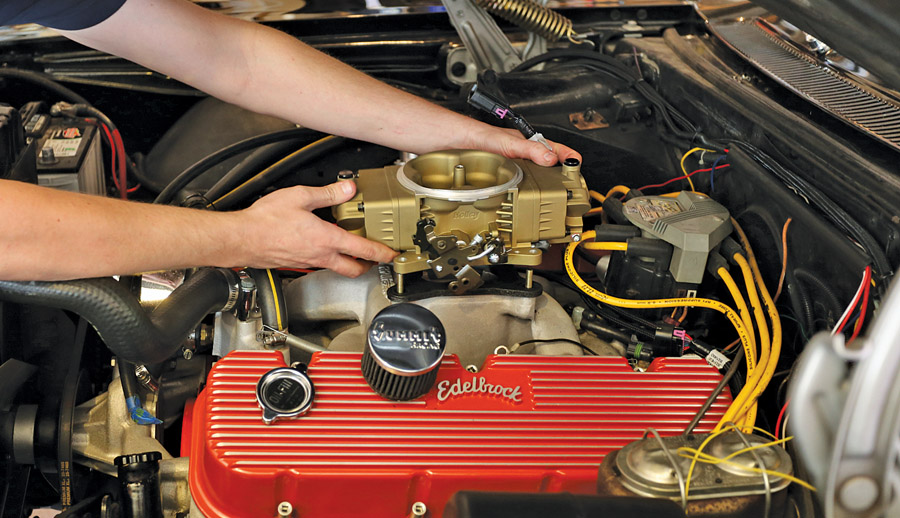0102030405
Revolutionary Advancements in Electric Vehicle Batteries: Paving the Way for a Greener Future
2024-06-20 10:26:14
Introduction
Electric vehicles (EVs) have emerged as a promising solution to combat climate change and reduce dependence on fossil fuels. Central to the success of EVs are their batteries, which store and provide energy to power the vehicle's electric motor. In recent years, significant advancements have been made in battery technology, leading to improved performance, longer range, and faster charging times. This article explores the latest innovations in electric vehicle batteries and their potential to revolutionize the automotive industry.
Evolution of Battery Technology
The evolution of electric vehicle batteries can be traced back to the early lead-acid batteries used in electric cars over a century ago. Since then, battery technology has undergone significant advancements, with the development of nickel-metal hydride (NiMH) batteries and, more recently, lithium-ion batteries.
Lithium-ion batteries have become the standard choice for EVs due to their high energy density, lightweight design, and longer lifespan compared to other battery chemistries. However, researchers and manufacturers are constantly striving to push the boundaries of battery technology to address key limitations such as cost, energy density, and charging speed.
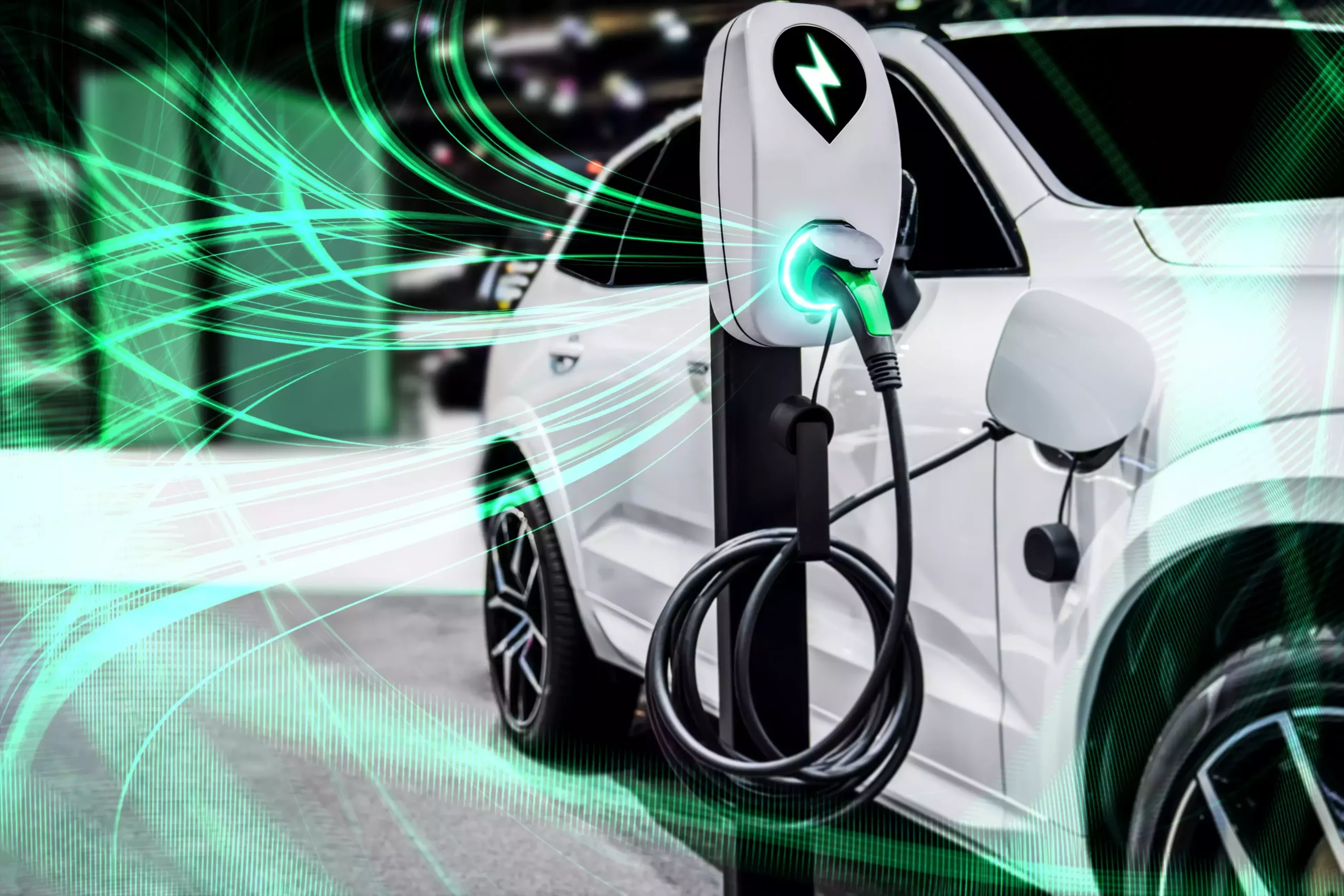
Solid-State Batteries: The Next Frontier
One of the most promising advancements in electric vehicle batteries is the development of solid-state batteries. Unlike traditional lithium-ion batteries, which use liquid electrolytes, solid-state batteries employ solid electrolytes, offering several advantages:
Improved Safety: Solid-state batteries are less prone to thermal runaway and battery fires, making them inherently safer than conventional lithium-ion batteries.
Higher Energy Density: Solid-state batteries have the potential to achieve higher energy densities, resulting in longer driving ranges for electric vehicles.
Faster Charging: Solid-state batteries can withstand higher charging currents, enabling faster charging times and reducing downtime for EV owners.
Companies like Toyota, QuantumScape, and Solid Power are at the forefront of solid-state battery research, investing heavily in R&D to bring this technology to commercialization. While challenges remain, such as scalability and cost, solid-state batteries hold great promise for the future of electric vehicles.
Silicon Anode Batteries: Unlocking Greater Energy Capacity
Another area of innovation in electric vehicle batteries is the use of silicon anodes. Traditional lithium-ion batteries use graphite anodes, which have limited energy storage capacity. Silicon, however, can store significantly more lithium ions, leading to higher energy densities.
Despite its potential, silicon anodes have faced challenges such as rapid degradation and volume expansion during charging cycles. Researchers are exploring novel materials and engineering techniques to overcome these hurdles and commercialize silicon anode batteries for electric vehicles.
Companies like Tesla, Panasonic, and Sila Nanotechnologies are actively developing silicon-based battery technologies, aiming to deliver EV batteries with greater energy capacity and improved performance.
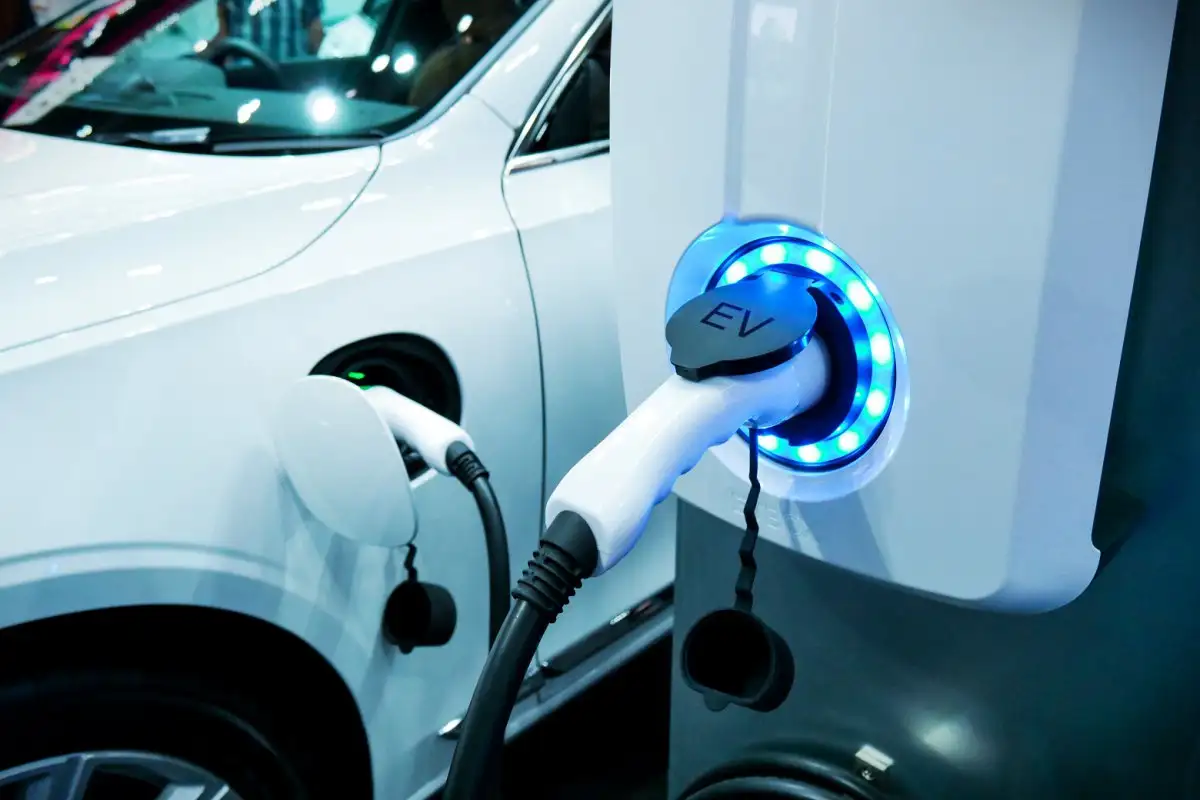
Advanced Manufacturing Techniques
In addition to new battery chemistries, advancements in manufacturing techniques are also contributing to the improvement of electric vehicle batteries. Techniques such as roll-to-roll processing, electrodeposition, and 3D printing are enabling the production of batteries with higher energy densities, lower costs, and improved reliability.
By optimizing the manufacturing process, battery manufacturers can scale production and reduce production costs, making electric vehicles more accessible to a broader range of consumers.
Environmental Sustainability and Recycling
As the adoption of electric vehicles continues to grow, the issue of battery recycling and environmental sustainability has become increasingly important. Manufacturers are investing in recycling technologies to recover valuable materials such as lithium, cobalt, and nickel from spent batteries.
Innovations in battery recycling aim to minimize waste, reduce reliance on mined materials, and create a closed-loop supply chain for electric vehicle batteries. Companies like Redwood Materials, founded by Tesla co-founder JB Straubel, are leading the charge in battery recycling initiatives, paving the way for a more sustainable future for electric vehicles.
Conclusion
The advancements in electric vehicle battery technology represent a significant leap forward in the quest for sustainable transportation. From solid-state batteries to silicon anodes and advanced manufacturing techniques, these innovations promise to address key challenges and accelerate the adoption of electric vehicles worldwide.
As battery technology continues to evolve, electric vehicles will become more affordable, reliable, and environmentally friendly, ultimately reshaping the automotive industry and reducing carbon emissions on a global scale. With ongoing research and collaboration between industry stakeholders, the future of electric vehicle batteries looks brighter than ever, heralding a new era of clean and efficient transportation for generations to come.

